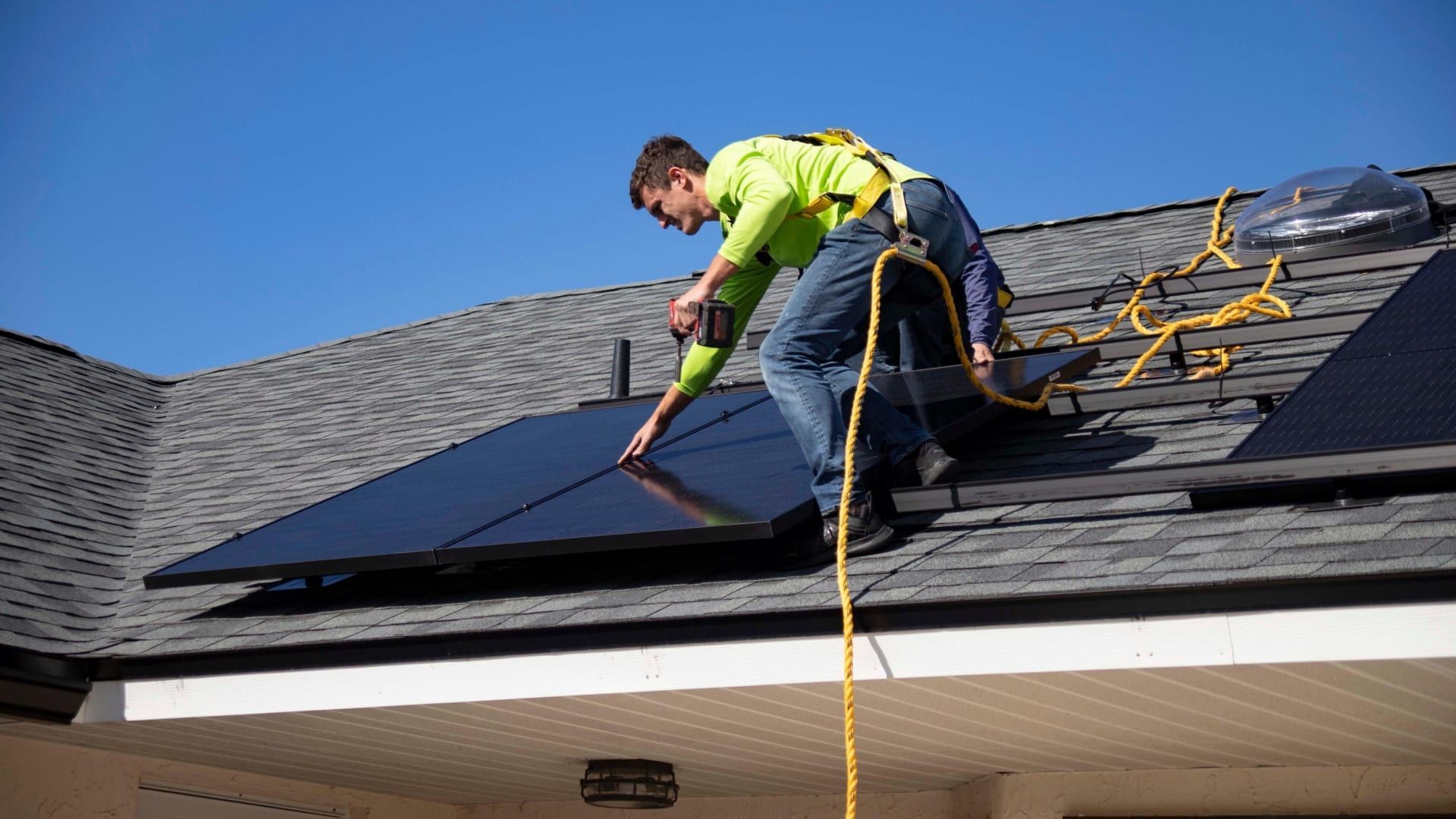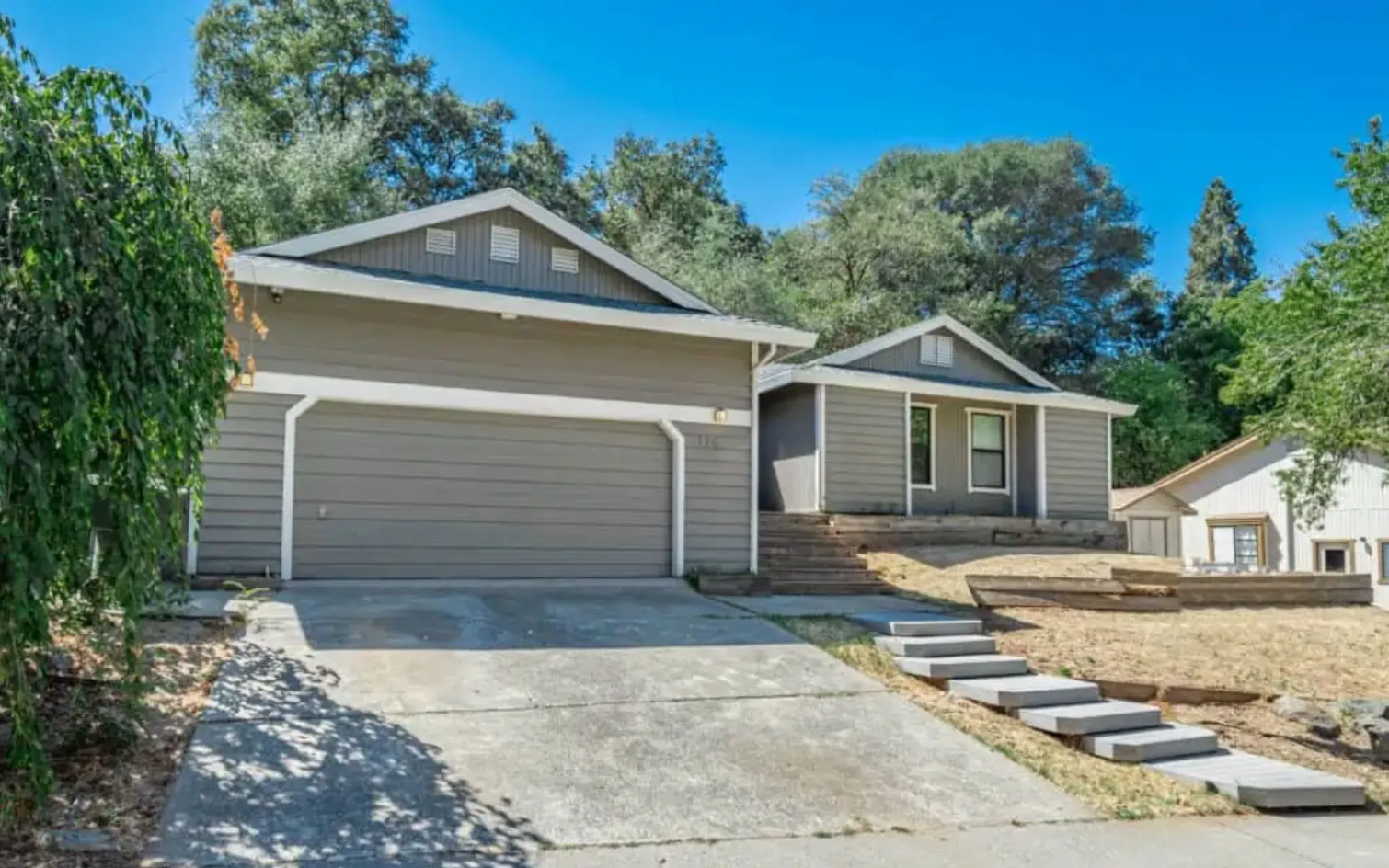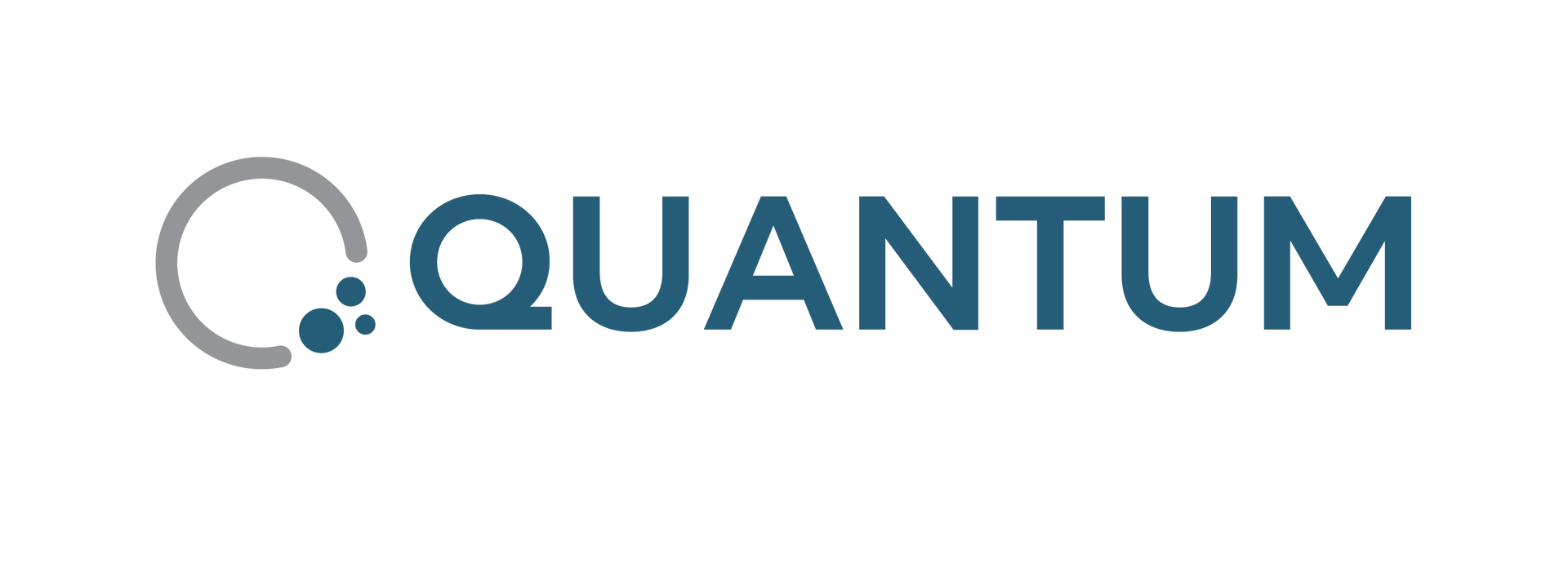Buying a House With Bad Credit
If you’re ready to buy a home but you’re uncertain because of your credit history, there may be options available for you. In this article, we’ll break down what is considered bad credit, and we’ll look at some loan options you may have for buying a house with bad credit. We’ll also look at some ways you can raise your credit score quickly if you’d like to improve your credit score before securing a mortgage. Let’s get started!
What is Considered Bad Credit?
Credit scores range from 300 to 850, and the higher the number, the better. A high credit score means you’re more likely to repay your debts, and are therefore considered less risky to lenders. Bad credit is typically anything less than 580, with scores in the 580 – 670 range considered “fair.”
You may also be wondering about buying a house if you have no credit score at all. If you’ve never borrowed money before then you won’t have a credit score. This can be just as risky to a lender as if you had a lower credit score. You may be able to find a lender who’s willing to work with your unique situation, but it will certainly be tricky. If you have no credit history, or have only been using credit for a few months, it’s probably best to take some time to build up your credit before applying for a mortgage.
To learn more about what makes up a credit score, read Does Buying a House Hurt Your Credit?
What is the Minimum Credit Score to Buy a House?
There’s no official minimum credit score that you have to have to buy a house, but having your score at a certain number or higher does make the process easier. Different types of mortgage loans will have different requirements. For an FHA loan, a credit score of 580 or higher means a lower down payment requirement – you only have to put 3.5% down. But if your credit score is lower than 580, you’re not immediately disqualified from an FHA loan, you’ll just need to supply a larger down payment – at least 10%. For conventional financing, most lenders like to see credit scores of at least 620 or higher.
Loan Options for Buying a House with Bad Credit

If you’re trying to buy a house with bad credit, you may find it easiest to secure an FHA loan – a loan backed by the Federal Housing Administration. These loans essentially come with insurance for mortgage lenders, protecting the lender in case a borrower defaults on their loan. This makes FHA loans a good option for both lenders and borrowers when working with a low credit score.
FHA loans do come with their own set of obstacles, though. FHA property requirements can be stricter than conventional loans. If a property needs a lot of work, it may not pass FHA’s rigorous inspection standards. They also require borrowers to pay mortgage insurance, and they typically come with a higher interest rate than conventional loans.
Be sure to talk with your lender about all your options, including FHA financing. With its low down payment and credit score requirements, you may find it’s the right option for you, or you may find another loan program suits your needs better.
What Lenders Look At Besides Credit Score
Remember that lenders look at more than just your credit score. While your credit score and credit history are very important, they aren’t the total picture. Your lender will also look at your income (how much you earn, length of time in your industry, etc.), what assets you own, and your total debt-to-income ratio. Lenders want to make sure your debt repayment obligations aren’t too unmanageable, so they will calculate what your debt to income ratio would be with your new mortgage payment factored in. A common debt to income ratio to stay under is around 40%. This number includes all your monthly debt repayments that report to the credit bureaus, including your vehicle loans, credit card payments, student loans, etc.
Choosing Your Financing

When shopping for financing, home buyers have more options than ever. In addition to your local bank, there are mortgage brokers and online mortgage companies you can choose from. Every mortgage lender will have different requirements, so don’t let having less-than-stellar credit stop you from shopping around.
When deciding on financing for your mortgage, take the time to meet with various lenders and get as much information as possible. Find out what loan types you may qualify for, what the interest rate and down payment requirements are, and what their customer service is like. You want to work with a lender who is easy to work with during the duration of your loan, not just until the closing papers are signed.
To learn more about financing and the whole home buying process, read The Home Buying Process: What to Expect When Buying a House.
How to Raise Your Credit Score Fast
After shopping around for financing and looking at your options, you may decide it’s better to wait to buy a house until your credit improves first. Having a long history of on-time payments is probably the best thing you can do for your credit. But what about when you need to raise your credit score quickly? There are a few things you can do.
First, try to clear up any old collections and judgements that may be on your credit report. Also, if you have large balances on revolving credit lines (like credit cards that are maxed out), make some payments to lower your outstanding balance. The credit bureaus like to see your debt utilization at 30% or less, so the closer you can get to that number, the better.
You can also look into getting a secured loan or credit card. With a savings secured loan, for example, you deposit a certain amount into your savings account and your bank places a hold on that money to use as collateral for your loan. Then once the loan is paid off, the bank removes the hold and your money is free for you to access again. These are great options for building or rebuilding your credit history, as they are risk-free for your lender and much easier to get approved for than a traditional loan. By paying down your secured loan each month, you’ll build a positive repayment history and improve your credit score in the process.
Are You Ready to Buy a House?
Buying a house is a big decision, and it can be challenging when your credit score is low. After reading through this article and learning more about buying a house with bad credit, take some time to decide if you’re ready to buy a house. Research what loan options are available to you in your area, and try talking with a few different lenders to get all your questions answered.
If you’re ready to buy a home in the greater Sacramento area, our team here at Quantum Real Estate would love to hear from you. We have a team of expert Realtors who have worked with buyers from all different backgrounds. Simply click here to contact us. We can’t wait to hear from you!
















